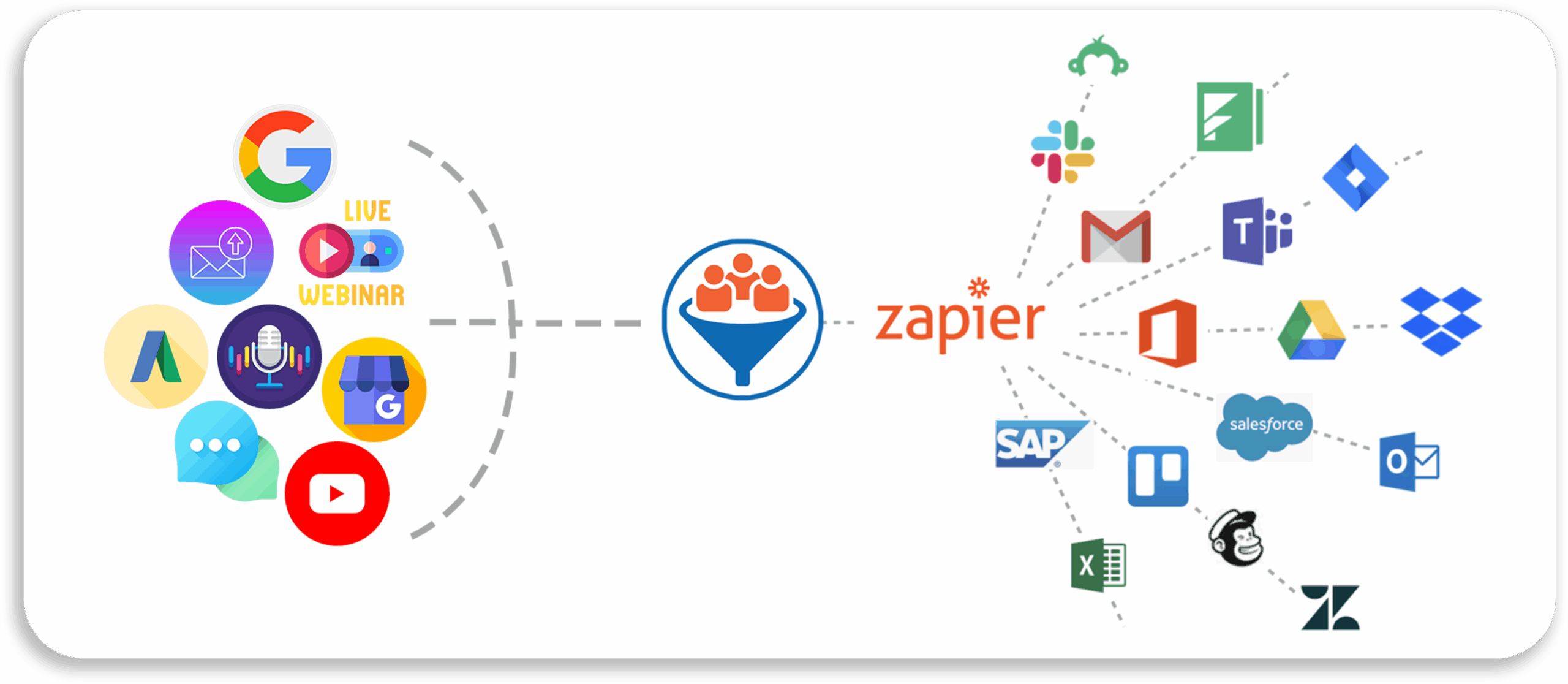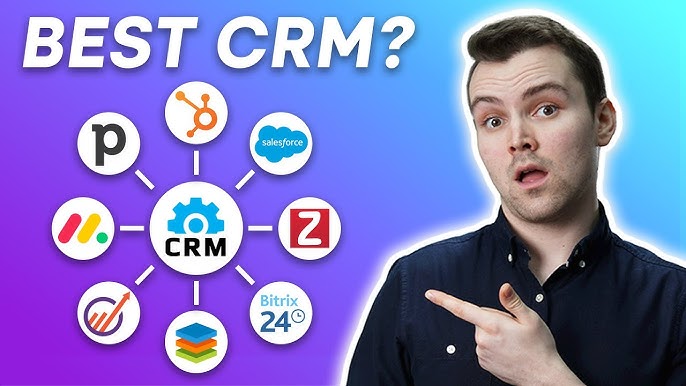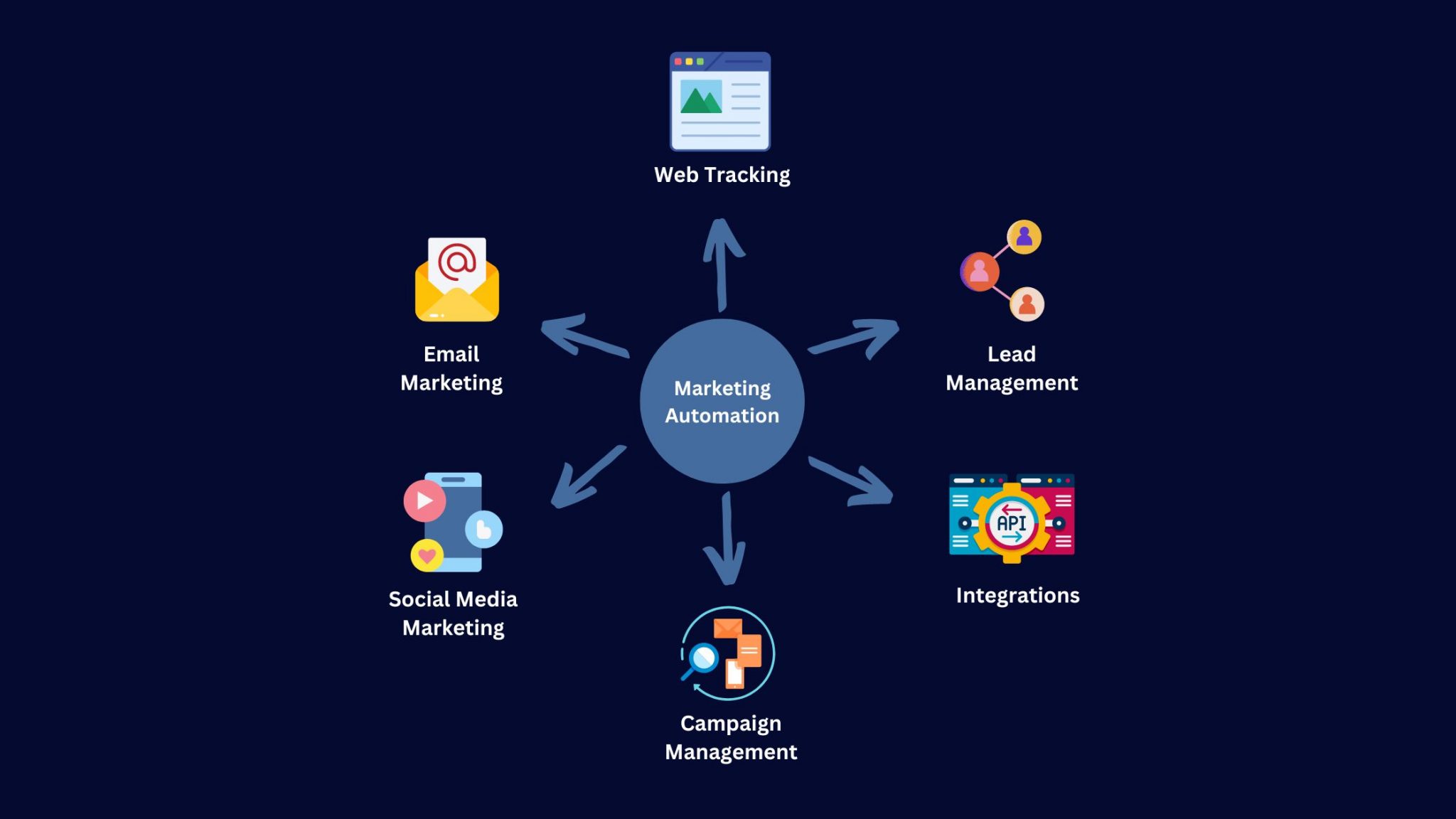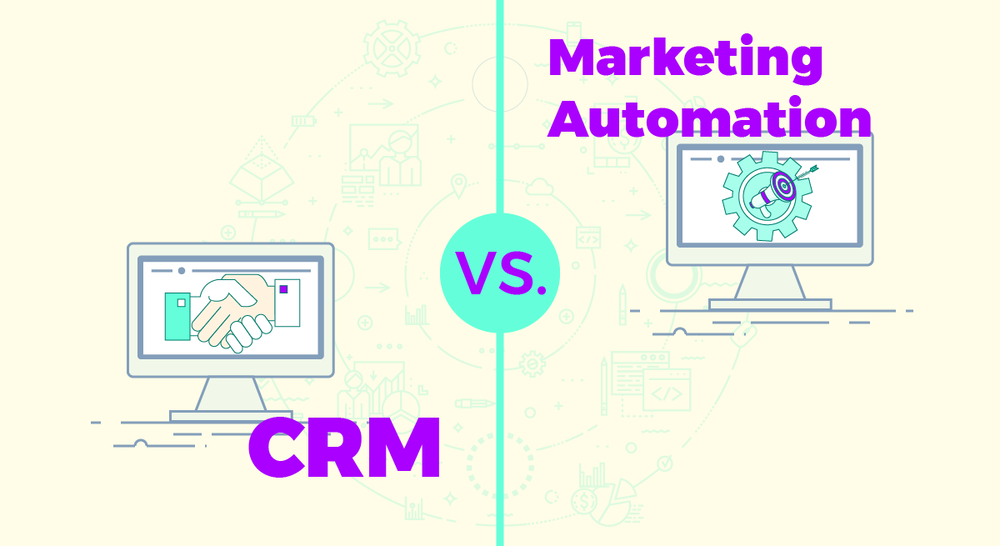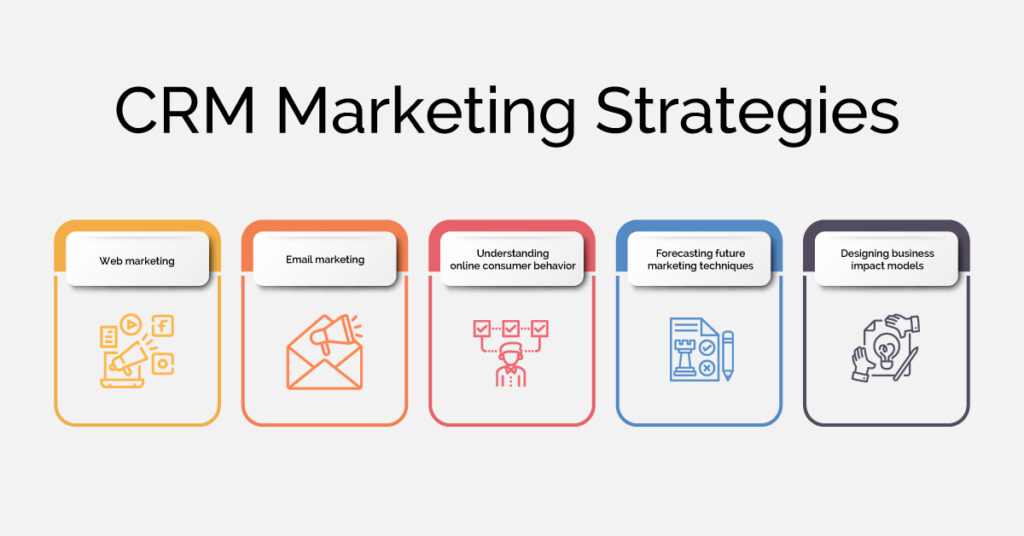
Mastering CRM Marketing Campaigns: A Comprehensive Guide to Boosting Customer Engagement and ROI
In today’s fiercely competitive business landscape, understanding and leveraging the power of Customer Relationship Management (CRM) marketing campaigns is no longer optional – it’s essential. These campaigns are the engine that drives personalized customer experiences, fosters loyalty, and ultimately, fuels revenue growth. But what exactly are CRM marketing campaigns, and how can you craft ones that truly resonate with your audience? This comprehensive guide will dive deep into the intricacies of CRM marketing, providing you with the knowledge and strategies you need to create campaigns that not only capture attention but also deliver measurable results. We’ll explore everything from the foundational principles to advanced tactics, ensuring you’re well-equipped to transform your customer relationships and achieve remarkable business outcomes.
What is CRM Marketing? Unveiling the Core Concepts
At its heart, CRM marketing is a data-driven approach to building and nurturing customer relationships. It leverages a CRM system – a centralized database that stores all your customer interactions and information – to personalize marketing efforts, target specific customer segments, and optimize the overall customer journey. Think of it as a sophisticated way to understand your customers, anticipate their needs, and deliver relevant messages that encourage engagement and loyalty.
Unlike traditional, one-size-fits-all marketing strategies, CRM marketing embraces personalization. It allows you to tailor your communications based on individual customer preferences, purchase history, demographics, and behaviors. This level of personalization is crucial in today’s market, where customers expect brands to understand their needs and provide them with relevant experiences. The result? Increased customer satisfaction, improved brand loyalty, and ultimately, a stronger bottom line.
Key Components of a CRM Marketing Strategy
- Customer Data Collection and Management: This involves gathering and organizing customer data from various sources, including website interactions, purchase history, social media activity, and customer service interactions. The more comprehensive your data, the better you can understand your customers.
- Segmentation: Grouping your customers into distinct segments based on shared characteristics, such as demographics, purchase behavior, or interests. This allows you to tailor your marketing messages to specific groups, increasing their relevance and effectiveness.
- Personalization: Delivering customized content and experiences based on individual customer preferences and behaviors. This can include personalized email subject lines, product recommendations, website content, and more.
- Automation: Automating repetitive marketing tasks, such as email campaigns, lead nurturing, and social media posts, to save time and improve efficiency.
- Campaign Tracking and Analysis: Monitoring the performance of your marketing campaigns and analyzing the results to identify what’s working and what’s not. This data-driven approach allows you to continuously optimize your campaigns for better results.
Benefits of Implementing CRM Marketing Campaigns
The advantages of embracing CRM marketing are numerous and far-reaching. By putting the customer at the center of your strategy, you can unlock a wealth of benefits that drive business growth and enhance your competitive advantage.
Enhanced Customer Engagement
Personalized campaigns foster a deeper connection with your audience. By delivering relevant content and experiences, you show your customers that you understand their needs and value their business. This increased engagement leads to stronger relationships, higher customer satisfaction, and greater brand loyalty.
Increased Sales and Revenue
CRM marketing campaigns are designed to drive conversions and boost sales. By targeting the right customers with the right messages at the right time, you can increase the likelihood of them making a purchase. Moreover, upselling and cross-selling opportunities become more apparent through personalized recommendations, increasing revenue per customer.
Improved Customer Retention
Retaining existing customers is often more cost-effective than acquiring new ones. CRM marketing helps you build lasting relationships with your customers, encouraging them to stay loyal to your brand. By providing exceptional customer service, offering exclusive deals, and proactively addressing their needs, you can significantly improve customer retention rates.
Better Customer Insights
CRM systems provide valuable insights into customer behavior, preferences, and needs. By analyzing this data, you can gain a deeper understanding of your target audience and make more informed decisions about your marketing strategies. This data-driven approach allows you to optimize your campaigns for maximum impact and improve your overall business performance.
Streamlined Marketing Processes
CRM marketing automates many repetitive tasks, freeing up your team to focus on more strategic initiatives. This increased efficiency saves time and resources, allowing you to scale your marketing efforts more effectively. Automation also helps to ensure consistency across all your marketing channels, improving your brand’s overall image.
Crafting Effective CRM Marketing Campaigns: A Step-by-Step Guide
Creating successful CRM marketing campaigns requires a strategic approach. Here’s a step-by-step guide to help you plan, execute, and optimize your campaigns for maximum impact:
1. Define Your Goals and Objectives
Before you start planning your campaign, clearly define your goals and objectives. What do you want to achieve? Are you looking to increase sales, improve customer retention, generate leads, or something else? Setting specific, measurable, achievable, relevant, and time-bound (SMART) goals will help you track your progress and measure the success of your campaign.
2. Understand Your Target Audience
A deep understanding of your target audience is crucial for creating effective campaigns. Analyze your customer data to identify key segments, their demographics, purchase behavior, interests, and pain points. Create detailed customer personas to represent your ideal customers, which will help you tailor your messaging and content.
3. Choose the Right CRM Platform
Selecting the right CRM platform is essential for the success of your CRM marketing efforts. Consider your business needs, budget, and technical capabilities when choosing a platform. Some popular CRM platforms include Salesforce, HubSpot, Zoho CRM, and Microsoft Dynamics 365. Make sure the platform you choose has the features and functionality you need to manage your customer data, segment your audience, automate your campaigns, and track your results.
4. Segment Your Customer Database
Segmentation is the process of dividing your customers into distinct groups based on shared characteristics. This allows you to tailor your marketing messages to specific groups, increasing their relevance and effectiveness. Common segmentation criteria include demographics, purchase history, website activity, and engagement levels.
5. Develop Engaging Content
Content is king in CRM marketing. Create compelling content that resonates with your target audience. This includes email newsletters, blog posts, social media updates, and personalized offers. Make sure your content is relevant, valuable, and aligned with your customers’ interests and needs. Use a variety of content formats, such as text, images, videos, and infographics, to keep your audience engaged.
6. Automate Your Campaigns
Automation is a key component of CRM marketing. Automate repetitive tasks, such as email campaigns, lead nurturing, and social media posts, to save time and improve efficiency. Many CRM platforms offer built-in automation features that allow you to create workflows and trigger actions based on customer behavior.
7. Personalize Your Messaging
Personalization is crucial for creating effective CRM marketing campaigns. Use customer data to personalize your messaging, offers, and content. This can include personalizing email subject lines, product recommendations, website content, and more. Personalization makes your customers feel valued and increases the likelihood of them engaging with your brand.
8. Test and Optimize Your Campaigns
Testing and optimization are essential for maximizing the performance of your CRM marketing campaigns. A/B test different elements of your campaigns, such as subject lines, email content, and calls to action, to see what resonates best with your audience. Continuously analyze your results and make adjustments to your campaigns to improve their effectiveness.
9. Track and Measure Your Results
Tracking and measuring your results is essential for determining the success of your CRM marketing campaigns. Use your CRM platform’s analytics tools to track key metrics, such as open rates, click-through rates, conversion rates, and revenue generated. Analyze your data to identify what’s working and what’s not, and use this information to optimize your campaigns for better results.
10. Maintain a Clean and Up-to-Date Database
A clean and up-to-date customer database is essential for the success of your CRM marketing efforts. Regularly review your data to ensure it’s accurate and complete. Remove duplicate records, update outdated information, and identify and correct any errors. A clean database ensures that your marketing efforts are targeted and effective.
Types of CRM Marketing Campaigns
CRM marketing encompasses a wide range of campaign types, each designed to achieve specific objectives and target different stages of the customer journey. Understanding these various campaign types is crucial for building a comprehensive and effective CRM marketing strategy.
Welcome Campaigns
Welcome campaigns are designed to greet new customers and introduce them to your brand. These campaigns typically include a welcome email or series of emails that introduce your company, highlight your products or services, and encourage customers to take their first action, such as making a purchase or signing up for a newsletter. These campaigns are crucial for making a positive first impression and setting the stage for a long-term relationship.
Lead Nurturing Campaigns
Lead nurturing campaigns are designed to guide potential customers through the sales funnel. These campaigns involve sending a series of emails or other communications that provide valuable information, address their concerns, and gradually move them closer to making a purchase. Lead nurturing campaigns help build trust, establish your brand as a thought leader, and increase the likelihood of converting leads into customers.
Abandoned Cart Campaigns
Abandoned cart campaigns are triggered when a customer adds items to their online shopping cart but doesn’t complete the purchase. These campaigns typically involve sending an email or other communication reminding the customer of the items in their cart and encouraging them to complete their purchase. Abandoned cart campaigns are highly effective at recovering lost sales and increasing revenue.
Re-engagement Campaigns
Re-engagement campaigns are designed to re-engage customers who haven’t interacted with your brand in a while. These campaigns typically involve sending a series of emails or other communications that offer special deals, highlight new products or services, or simply remind customers of the value you provide. Re-engagement campaigns are a great way to rekindle relationships with dormant customers and bring them back into the fold.
Loyalty Programs
Loyalty programs are designed to reward and retain existing customers. These programs offer exclusive benefits, such as discounts, early access to new products, and personalized recommendations. Loyalty programs help build customer loyalty, increase customer lifetime value, and encourage repeat purchases.
Product Recommendation Campaigns
Product recommendation campaigns are designed to suggest relevant products to customers based on their purchase history, browsing behavior, or interests. These campaigns can be delivered via email, website content, or other channels. Product recommendation campaigns are highly effective at increasing sales and driving revenue.
Customer Feedback Campaigns
Customer feedback campaigns are designed to gather feedback from customers about their experiences with your brand. This feedback can be used to improve your products, services, and customer service. Customer feedback campaigns typically involve sending surveys, asking for reviews, or soliciting other forms of feedback.
Tools and Technologies for CRM Marketing Campaigns
A variety of tools and technologies are available to help you create and manage your CRM marketing campaigns. Choosing the right tools is essential for streamlining your workflows, improving your efficiency, and maximizing your results.
CRM Software
CRM software is the foundation of any CRM marketing strategy. It provides a centralized database for storing customer data, allows you to segment your audience, automate your campaigns, and track your results. Popular CRM platforms include Salesforce, HubSpot, Zoho CRM, and Microsoft Dynamics 365.
Email Marketing Platforms
Email marketing platforms are essential for creating and sending email campaigns. These platforms allow you to design email templates, manage your email lists, automate your email sequences, and track your email performance. Popular email marketing platforms include Mailchimp, Constant Contact, and Campaign Monitor.
Marketing Automation Platforms
Marketing automation platforms automate repetitive marketing tasks, such as lead nurturing, social media posting, and email marketing. These platforms can help you save time, improve efficiency, and personalize your marketing efforts. Popular marketing automation platforms include HubSpot, Marketo, and Pardot.
Analytics Tools
Analytics tools are essential for tracking and measuring the performance of your CRM marketing campaigns. These tools provide insights into key metrics, such as open rates, click-through rates, conversion rates, and revenue generated. Popular analytics tools include Google Analytics, Adobe Analytics, and Mixpanel.
Social Media Management Tools
Social media management tools help you manage your social media presence, schedule posts, and track your social media performance. These tools can help you engage with your audience, build brand awareness, and generate leads. Popular social media management tools include Hootsuite, Buffer, and Sprout Social.
Best Practices for CRM Marketing Success
To maximize the effectiveness of your CRM marketing campaigns, follow these best practices:
Prioritize Customer Experience
Always put the customer first. Focus on providing a positive and personalized experience that meets their needs and exceeds their expectations. This includes providing excellent customer service, offering relevant content, and making it easy for customers to interact with your brand.
Embrace Personalization
Use customer data to personalize your messaging, offers, and content. Personalization makes your customers feel valued and increases the likelihood of them engaging with your brand. Tailor your communications to individual preferences and behaviors.
Automate Strategically
Automation can save you time and improve efficiency, but don’t overdo it. Automate repetitive tasks, but be sure to maintain a human touch in your communications. Avoid sending generic, automated messages that feel impersonal.
Test and Optimize Constantly
A/B test different elements of your campaigns, such as subject lines, email content, and calls to action, to see what resonates best with your audience. Continuously analyze your results and make adjustments to your campaigns to improve their effectiveness.
Integrate Your Channels
Integrate your marketing channels to create a seamless customer experience. This includes integrating your CRM system with your email marketing platform, social media channels, and website. This will allow you to track customer interactions across all channels and deliver a consistent message.
Stay Compliant
Be sure to comply with all relevant data privacy regulations, such as GDPR and CCPA. This includes obtaining customer consent before collecting and using their data, providing customers with the right to access and delete their data, and being transparent about how you use their data.
Analyze and Refine
Regularly analyze your campaign performance, track key metrics, and identify areas for improvement. Use the insights you gain to refine your strategies and optimize your campaigns for better results. Continuously monitor your performance and adapt to changing customer behavior.
Measuring the ROI of CRM Marketing Campaigns
Measuring the Return on Investment (ROI) of your CRM marketing campaigns is crucial for demonstrating their value and justifying your marketing investments. Here’s how to calculate and interpret your ROI:
Key Metrics to Track
- Customer Acquisition Cost (CAC): The cost of acquiring a new customer.
- Customer Lifetime Value (CLTV): The predicted revenue a customer will generate over their relationship with your brand.
- Conversion Rate: The percentage of customers who complete a desired action, such as making a purchase.
- Click-Through Rate (CTR): The percentage of recipients who click on a link in your email or on your website.
- Open Rate: The percentage of recipients who open your email.
- Revenue Generated: The total revenue generated from your CRM marketing campaigns.
- Return on Ad Spend (ROAS): The revenue generated for every dollar spent on advertising.
Calculating ROI
The basic formula for calculating ROI is: ROI = ((Revenue - Cost) / Cost) * 100
For example, if your CRM marketing campaign generated $10,000 in revenue and cost $2,000, your ROI would be: ((10000 - 2000) / 2000) * 100 = 400%
Interpreting Your ROI
A positive ROI indicates that your CRM marketing campaigns are generating a return on your investment. The higher the ROI, the more successful your campaigns are. However, it’s important to consider other factors, such as brand awareness, customer satisfaction, and customer lifetime value, when evaluating the overall success of your campaigns. Focus on continuous improvement and optimization to maximize your ROI over time.
Future Trends in CRM Marketing
The landscape of CRM marketing is constantly evolving. Staying ahead of the curve requires understanding the latest trends and adapting your strategies accordingly.
Artificial Intelligence (AI) and Machine Learning (ML)
AI and ML are transforming CRM marketing by enabling more personalized experiences, automating tasks, and providing deeper insights into customer behavior. AI-powered chatbots, predictive analytics, and personalized product recommendations are becoming increasingly common.
Hyper-Personalization
Customers expect highly personalized experiences. CRM marketing is moving beyond basic segmentation to deliver hyper-personalized content and offers based on individual preferences, behaviors, and real-time context. This requires leveraging advanced data analytics and AI to understand each customer at a deeper level.
Omnichannel Marketing
Customers interact with brands across multiple channels, including email, social media, websites, and mobile apps. Omnichannel marketing provides a seamless and consistent customer experience across all channels. This requires integrating your CRM system with all your marketing channels and providing a unified view of the customer journey.
Data Privacy and Security
With increasing awareness of data privacy, brands must prioritize data security and comply with all relevant regulations. This includes obtaining customer consent, being transparent about data usage, and implementing robust security measures to protect customer data.
Voice Marketing
Voice assistants, such as Siri and Alexa, are becoming increasingly popular. Voice marketing involves using voice technology to engage with customers, provide information, and drive sales. This includes optimizing your content for voice search and creating voice-enabled marketing campaigns.
Conclusion: Embracing the Power of CRM Marketing
CRM marketing is a powerful strategy for building strong customer relationships, driving revenue growth, and gaining a competitive advantage. By understanding the core concepts, implementing effective campaigns, and staying ahead of the latest trends, you can transform your customer interactions and achieve remarkable business outcomes. Embrace the power of CRM marketing and unlock the full potential of your customer relationships.
Remember, the key to success lies in a customer-centric approach. By putting your customers first, understanding their needs, and delivering personalized experiences, you can build lasting relationships, foster loyalty, and drive sustainable growth. Start implementing these strategies today and watch your business thrive.

